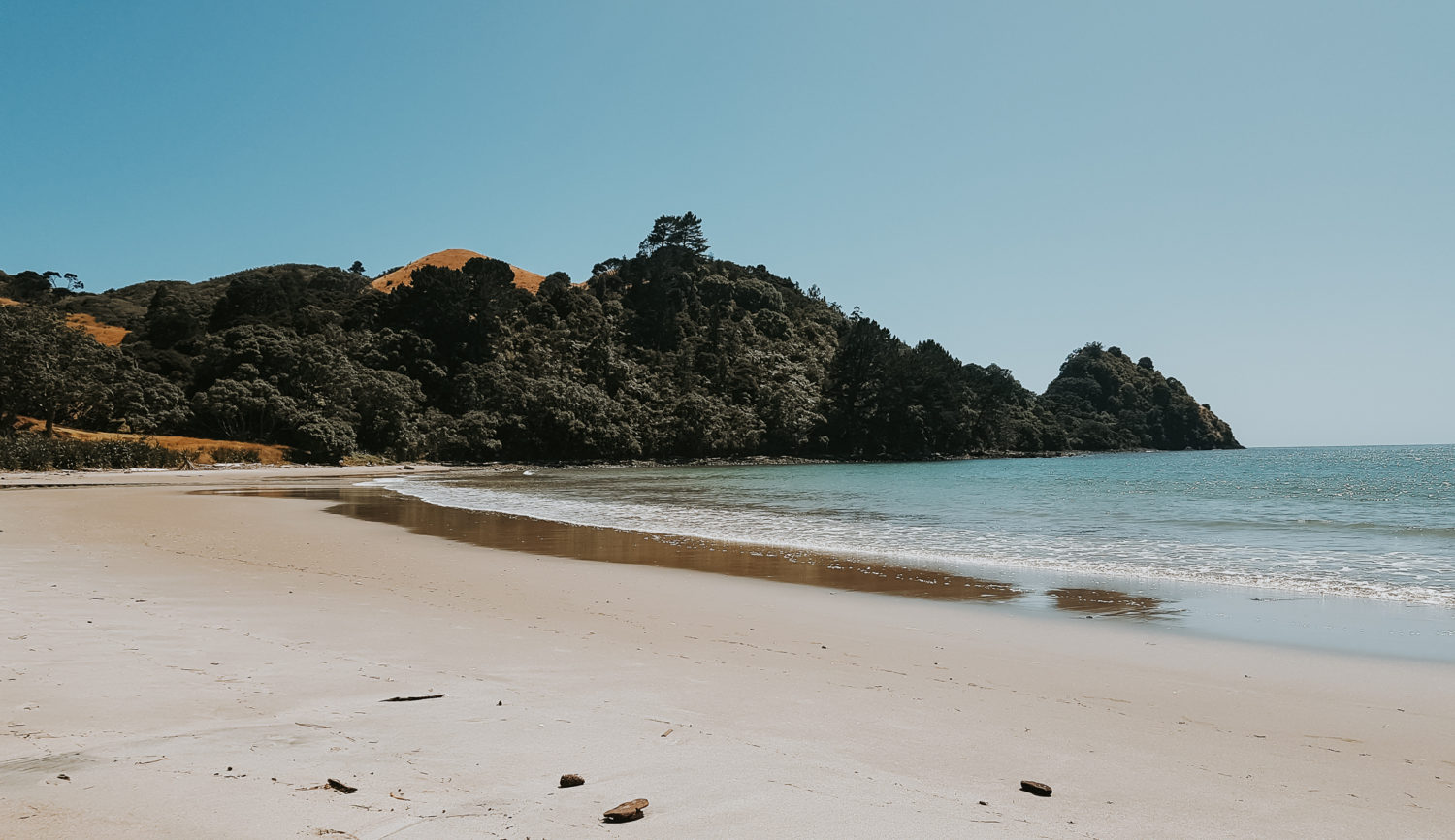
Welcome to our complete guide of New Zealand! This secluded country is probably on every traveler’s bucket list, and it’s easy to understand why. Let’s tackle everything you need to know to start planning your dream trip right away!
Why should you travel to new zealand?
There is no country like New Zealand.
Despite the long journey it takes for most of us to get there, it’s well worth the time and money. Actually, that remoteness might be exactly what makes New Zealand one of the most natural and untouchable havens in the world.
- OUTDOOR ACTIVITIES: If you’re into outdoor activities and consider yourself a nature lover, you’ll be truly amazed by New Zealand’s stunning hiking trails and challenging mountain biking tracks. You’ll also find a wide range of extreme sports to try, such as bungee jumping, canyoning, paragliding, snowboarding, surfing, jet boating …. And the list goes on. Seriously, you will not be bored! The icing on the cake is that you will be doing all these activities surrounded by the most jaw-dropping sceneries. Perfect, right?
- LANDSCAPES: New Zealand’s biggest assets are its landscapes and its incredible diversity. Your day can start on a wild desert beach, then you could be having lunch in a city with an amazing vibe and two hours later be staring at a huge glacier, right next to an active volcano – it’ll leave you constantly wondering if you’re still in the same country.
- THE LOCALS AND THEIR VALUES: It wouldn’t be fair to talk about New Zealand without talking about Kiwis (another name for New Zealanders, which they actually prefer). These guys are genuinely proud of their country and culture. Maori heritage is everywhere and sustainability is embraced as a widespread way of living. You won’t have any trouble finding vegetarian or vegan food options, and you’ll see a true commitment to the natural environment. Kiwis’ love for nature goes beyond any other principle, and their 13 natural protected parks, covering more than 30.000 km, are the living proof of that. Even though these parks receive a considerable number of travelers year-round, we never felt they were too crowded or too touristy. In fact, I noticed that the type of travelers that New Zealand attracts are just like its locals: easy-going, adventure-minded, and nature-lovers.
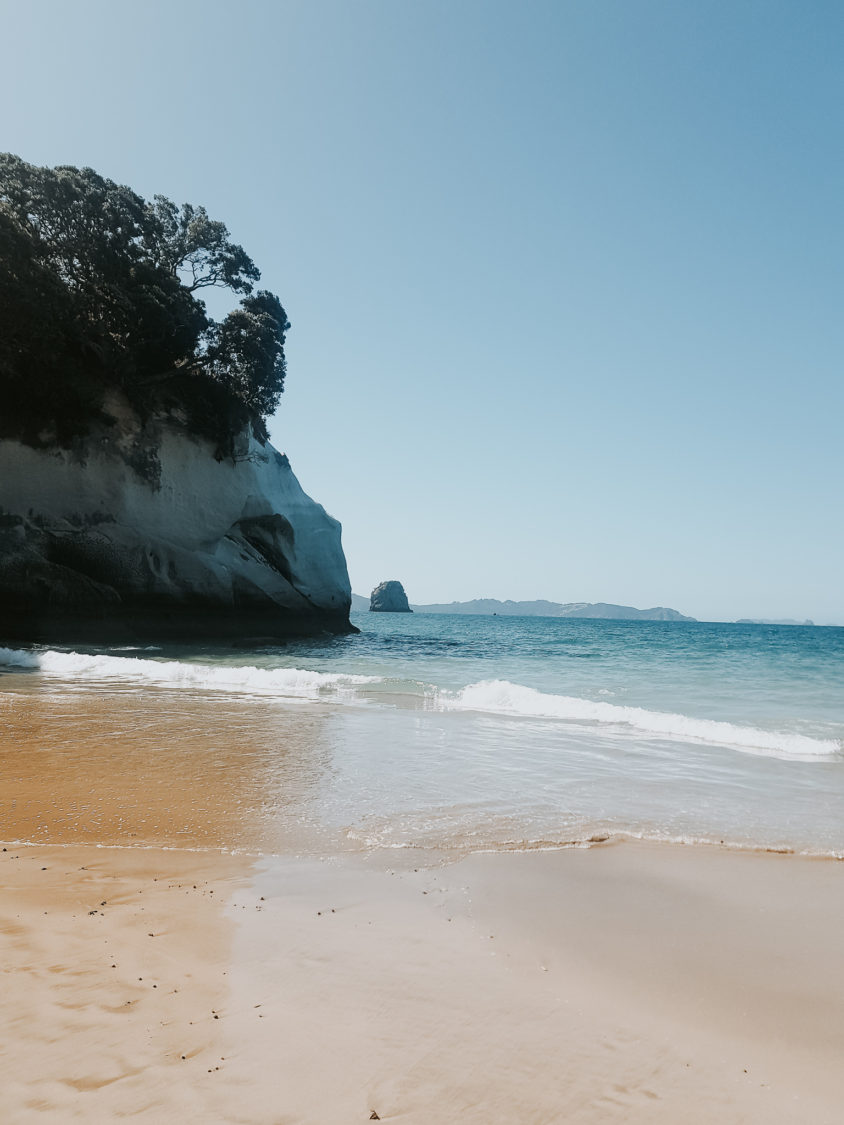
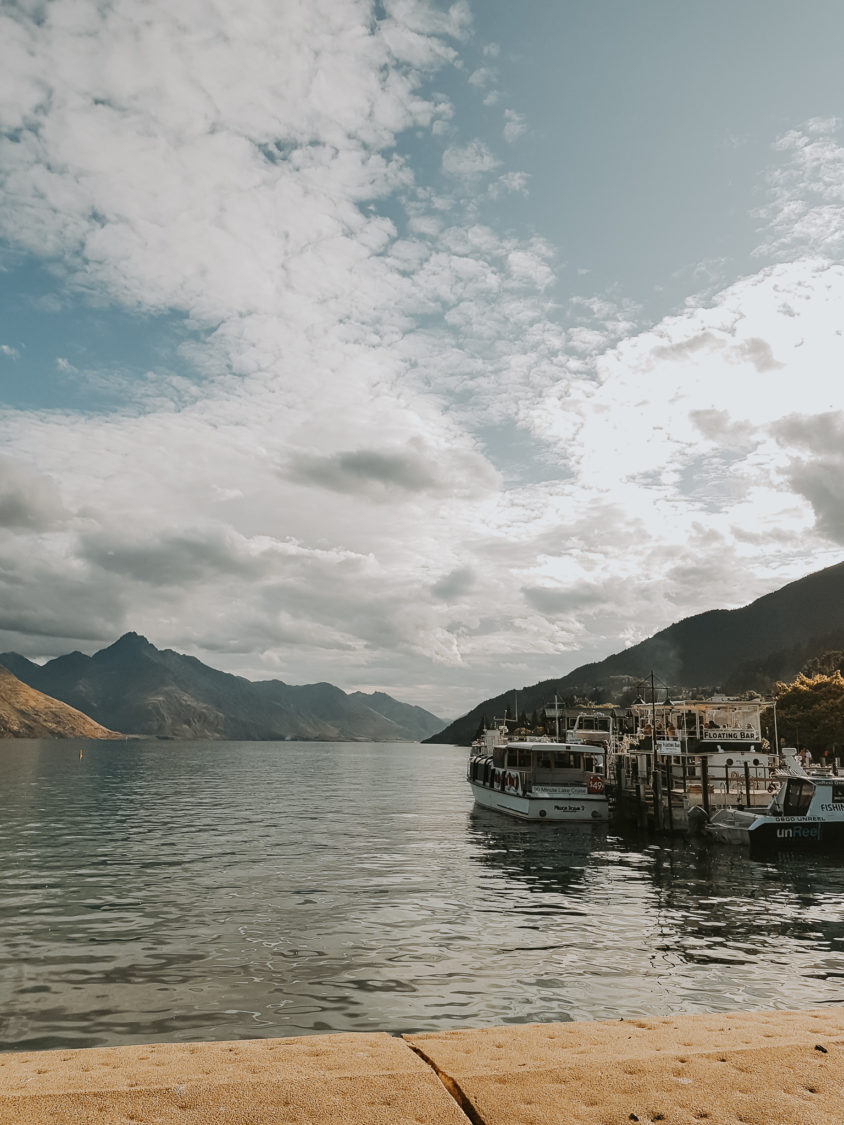
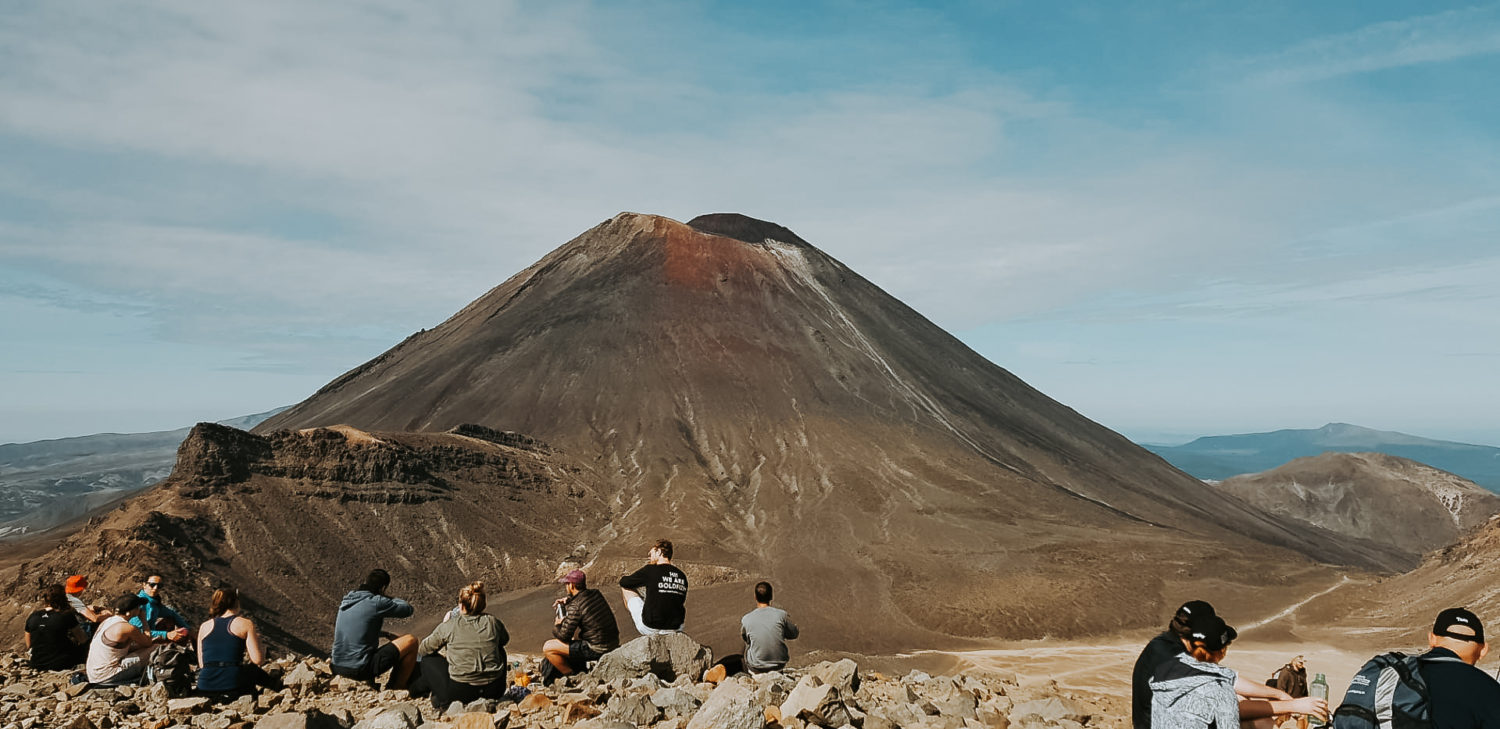
What's the best time to visit nEW ZEALAND?
Honestly, the best answer to this question entirely depends on your interests. Our best advice would be to start by choosing which activities you don’t want to miss and plan accordingly: maybe you are a winter sports lover who wants to explore NZ’s ski resorts that generally run from mid-June to early October. Or maybe, you want to cross off your checklist some amazing hikes that are much more pleasant (not to mention safer) to complete during the driest months.
Here are some tips to help you choose when to visit New Zealand:
- New Zealand has 4 well-marked seasons, and their behavior is the exact opposite of what we witness in the northern hemisphere. The coldest month is July, while the warmest is both January and February.
- Keep in mind that the warmer it gets, the crowded and more expensive it is, although the days are longer and sunnier. We’ve decided to visit New Zealand in February, and we’ve been there for the entire month. It was great, because we managed to do all outdoor activities we had planned to, enjoyed long beach days, hiked the remarkable Tongariro Crossing with good weather, and best of all, took a break from the rainy and cold days of Europe. Even though we’ve visited the country during high season, Kiwi’s summer vacations had already ended, and we have often found ourselves on empty beaches and desolated roads. Compared to other countries, New Zealand never felt too crowded or touristy.
- Shoulder seasons (March-May and September-November) are a safe option since you’ll have the best of both worlds: fewer people, cheaper prices, and mild weather.
- Remember that no matter the season, you should always expect higher temperatures as you head to the north, and most of all, be aware that the weather in New Zealand is continually changing and very unpredictable.
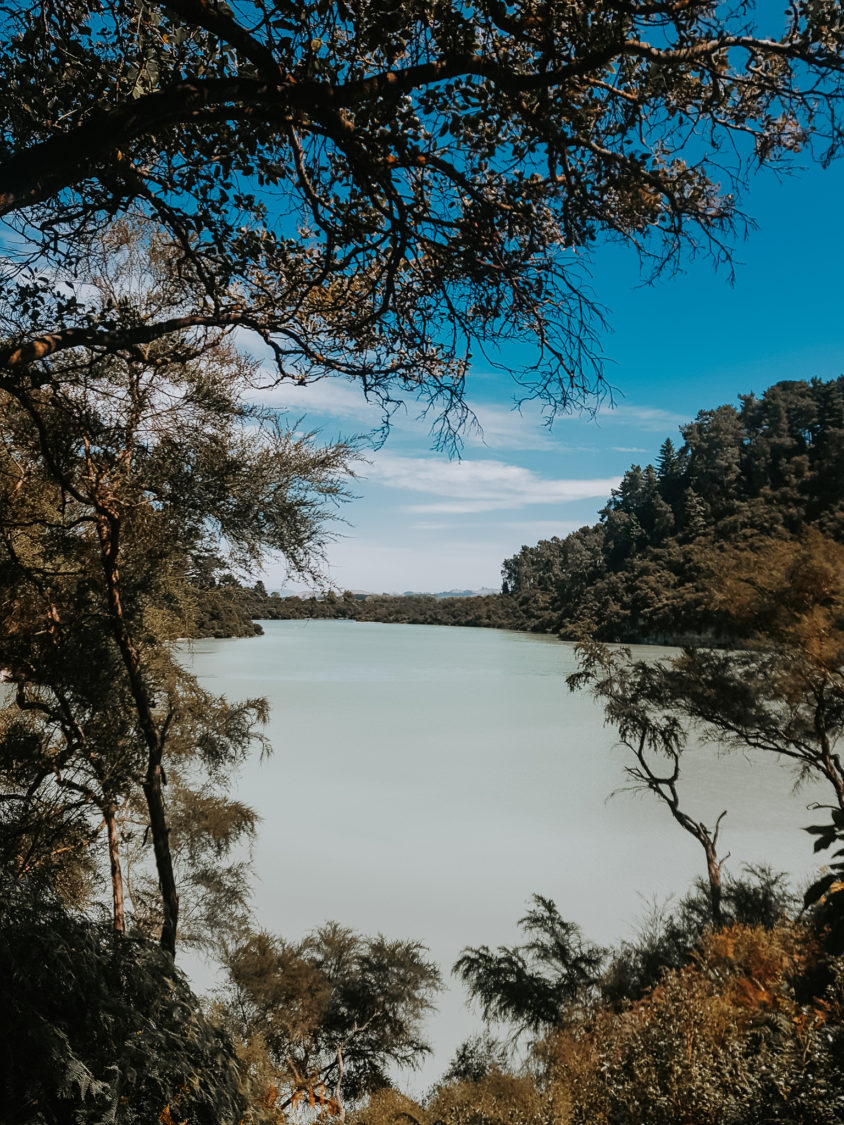
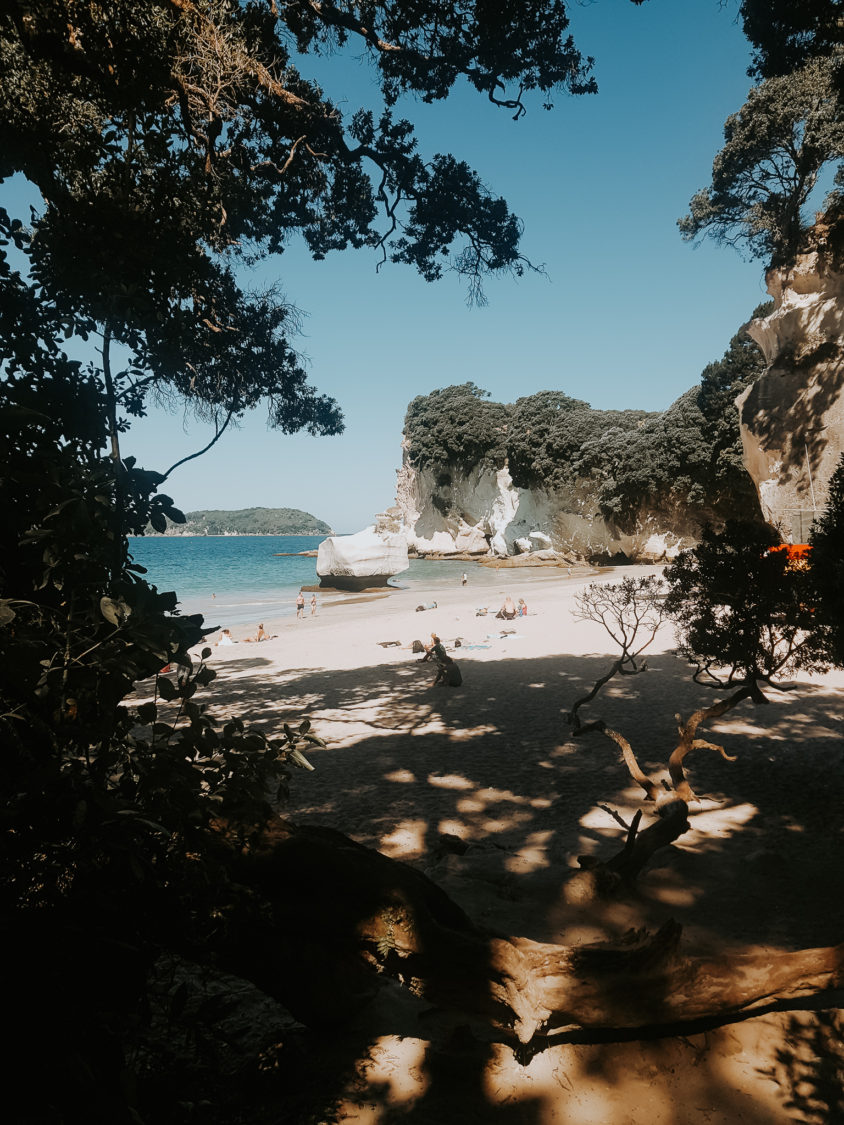
How many days should you spend in New Zealand?
Our advice on this is pretty straight forward: spend as many days as you can in New Zealand. Even though it is not a big country, there is no shortage of things to do and places to explore.
A whole month would be ideal, but that may be unrealistic for most full-time workers. Try to have at least 3 weeks if you wish to explore both north and south islands, or stick with just one of them if you only have 2 weeks to spare.
Planning your trip can be overwhelming, as there is so much to cover, and believe us when we say that no matter how much time you decide to go, it will not seem enough. After reading this New Zealand’s guide, Check out this itinerary post to make sure you make smart choices!
Health and Safety in new zealand
According to the 2019 Global Peace Index, New Zealand is considered the second safest country in the World, with Iceland being the first one. This means you’ll feel quite safe wandering around, even if you’re traveling on your own (yes, this also applies for solo female travelers). However, always be aware of petty crime, because obviously, it does exist, especially if you let your guard down.
Taking into consideration New Zealand’s neighbor, Australia, you’re probably wondering if you will encounter dangerous animals during your trip. Thankfully, there are no lethally poisonous animals or plants on the island.
Before going, confirm if you have all your routine vaccinations up to date, and to most of the travelers, that will be enough.
We strongly advise against traveling with no insurance, and from our experience, we highly recommend World Nomads.
How much it costs to travel to New zealand?
New Zealand’s currency is NZD (New Zealand Dollars), and even though most sites have no problem accepting cards, we recommend always carrying some pocket money – especially when staying in small towns or isolated places.
For most people, the flight ticket is going to be the biggest budget item, so start keeping an eye on flight prices some months ahead to make sure you grab a good deal. In this case, consider paying a little bit more to choose a better airline or a less hours journey. We always use Momondo to search and buy our flights, give it a try too!
Travelers often perceive the country as an expensive destination, but it doesn’t have to be. We’ve found prices very similar to those practiced in Europe, and you can always find cheaper options. Expect to spend around 100 euros per day if you’re not on a budget and mostly traveling carefree regarding money. And if you do have a more strict budget, make options that will allow you to save more: choose accommodations with a kitchen to be able to cook your meals, pick only one or two activities during your trip, and search for the best happy hours in town!
To avoid high exchange rates, pre-pay for currency, or being charged foreign bank fees, we strongly suggest you download the Revolut App. This online bank will provide you a physical card that you can use almost everywhere around the world, with instantly updating exchange rates and no fees.
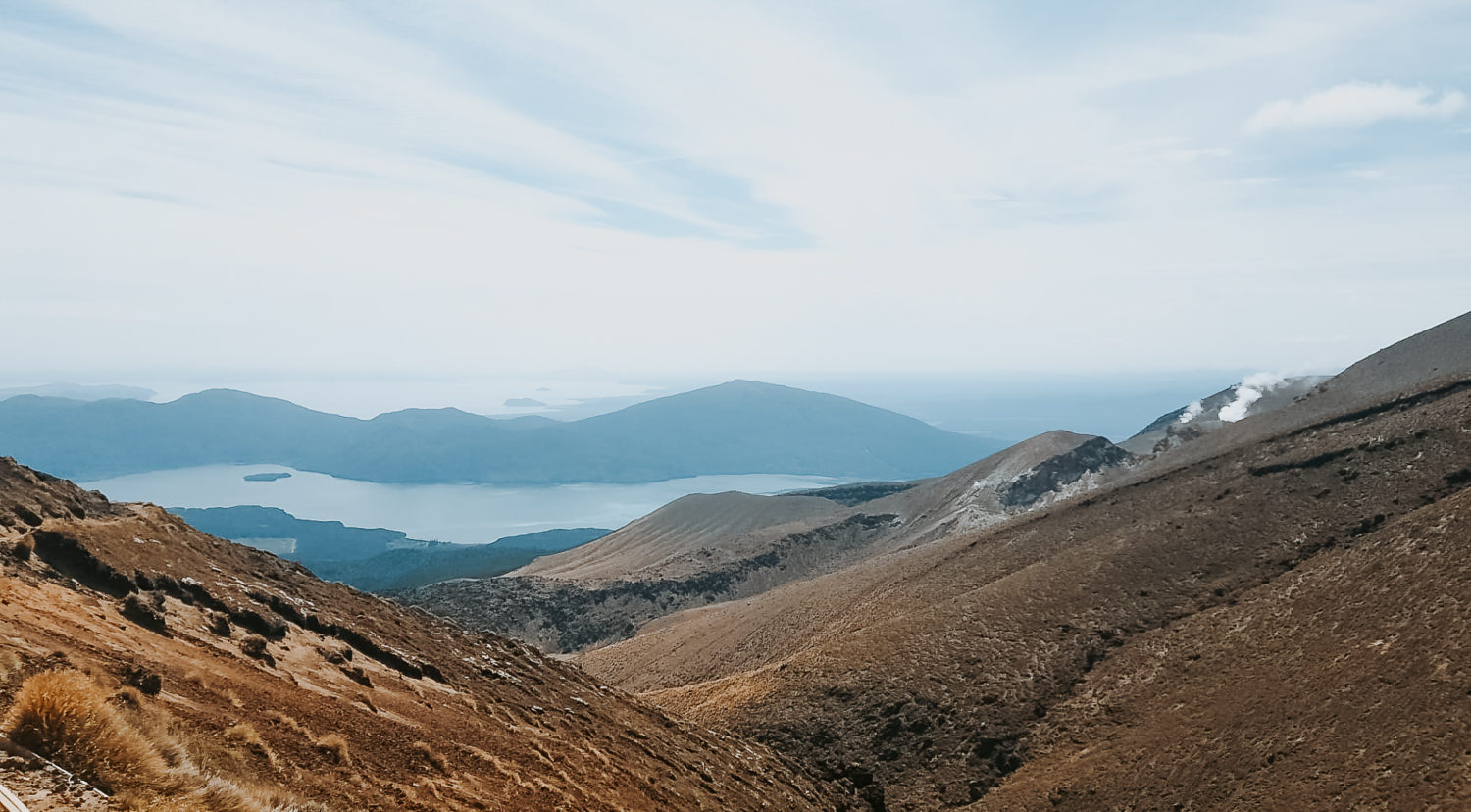
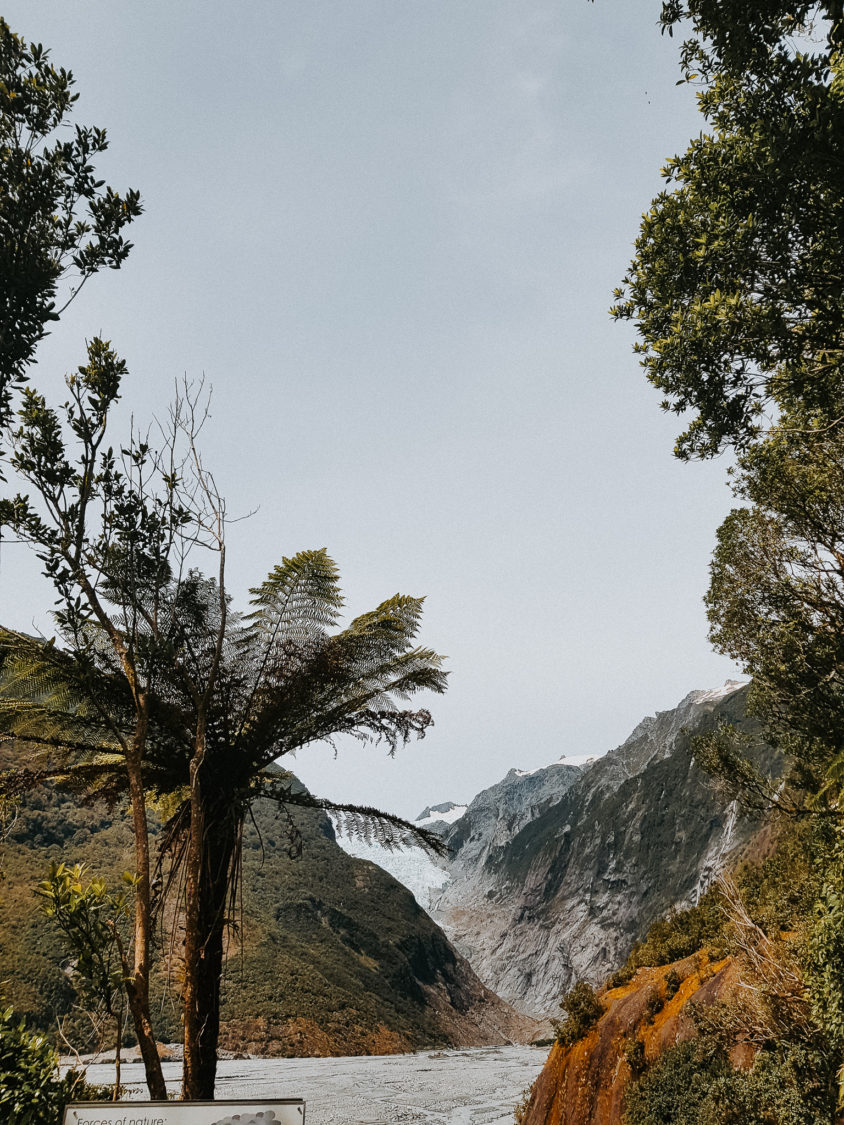
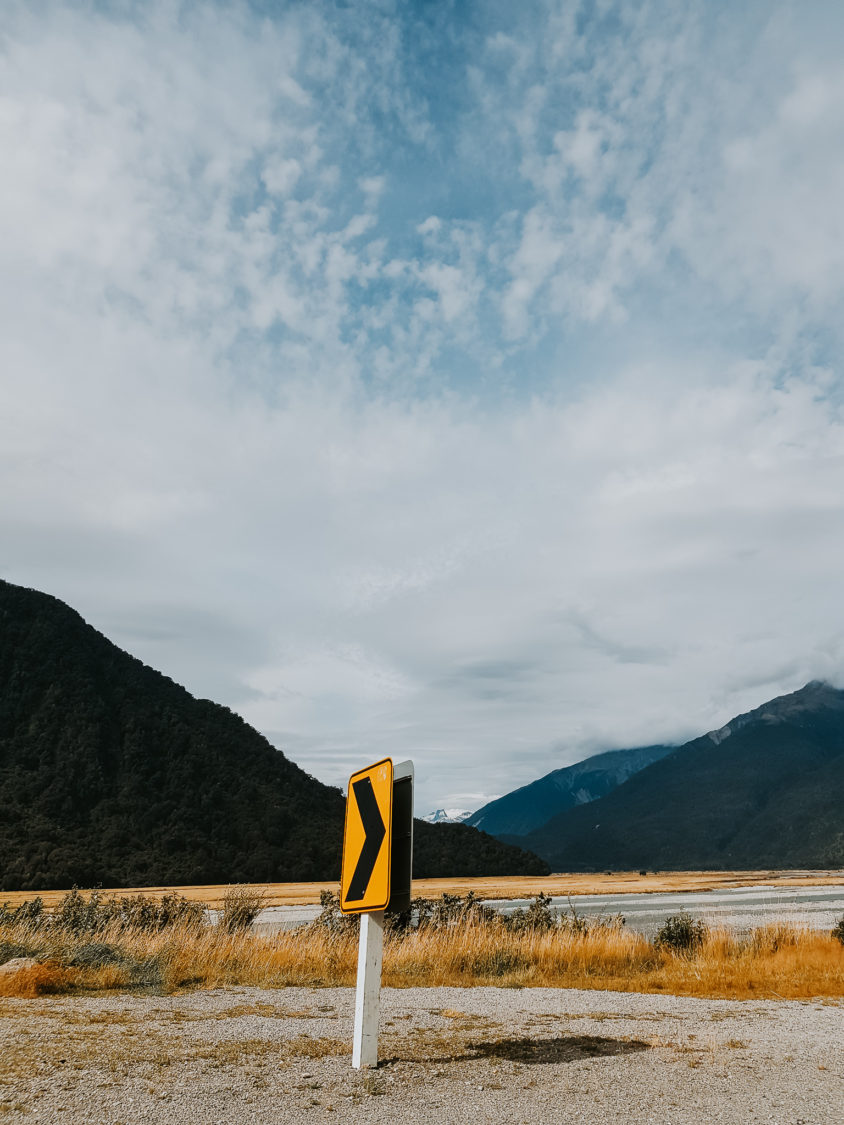
must see in New Zealand
New Zealand has many hotspots and amazing hidden gems to be found. However, we wanted to include in this guide our are our top picks that made our trip unique and unforgettable:
Abel Tasman Park
Coromandel Peninsula
Tongariro Crossing
Wanaka and Queenstown
Milford Sound
Make sure you explore the posts of each city and our complete itinerary to find out more.
Secret tips when traveling to new zealand
Everything closes way too early
This one is a bummer, and no one had warned us for it: New Zealanders have dinner around 6 pm/7 pm. So, if you’re planning on arriving at that fine restaurant after 8:30 pm, odds are the kitchen is already closed. Coming from a southern European country, we certainly weren’t prepared for this, and we have to say it was kind of disappointing to see everything shutting down before the sun went down. On the bright side, you get to adjust your schedule to make your day start way earlier!
There are, however, some 24h convenience stores that can keep you from going to bed with an empty stomach, and we’ve noticed that places in Queenstown and Auckland do have extended schedules.
Don’t over plan
We do believe you have to do some planning ahead to know where to grab the best food, secure the best prices, and pick the right places to spend your limited time. That’s the whole idea behind Sneakpeek. However, keep in mind that not everything goes according to plan, and a flexible attitude is sometimes needed. Don’t beat yourself up if you feel the need to sleep until late, and don’t be concerned about things left to do. Enjoy the moment and make time to appreciate the little experiences you’ll find along the way.
Allow for jet lag – and enjoy its perks!
Don’t underestimate the impact that jet lag can have on your body. New Zealand is very far from pretty much everywhere, so expect to take a couple of days to adapt. A good trick is to embrace New Zealand’s time zone as soon as you board the plane and start adjusting your sleep schedule! When you finally get there, if you still find yourself waking up way too early, try to take advantage of that: go to that breakfast place that is always busy, or find the perfect spot to catch the sunrise! In case you’re starting your journey in Auckland, like we did, head to the Westhaven Marina, where many locals go to exercise before work and enjoy the fantastic view.
Great Airbnbs with breakfast included
We’ve come across spectacular Airbnb’s during our time in the country, with affordable prices, stunning locations, and the most welcoming hosts. Best of all, most of the places included a remarkably good homemade breakfast that kept us satisfied for several hours. So don’t forget to look for it while booking since it can help you save some money and be fueled to start the day!
Download Gaspy
Gas in New Zealand can be quite expensive, but you will notice that its price fluctuates a lot depending on where you are. Download an app called Gaspy to know where the cheapest fuel is in your area, and you will save lots of money! If you want to know more about driving in New Zealand read this.
Check twice before going on a hike
Always ask for someone’s opinion regarding a particular hike or walk before taking it. New Zealanders are quite adventurous, and we think that for some tracks, its difficulty is undervalued. Especially if you’re traveling with someone older, if you’re afraid of heights, or if you’re not sure if you have the best equipment, always ask.
Like it? Pin and share it!
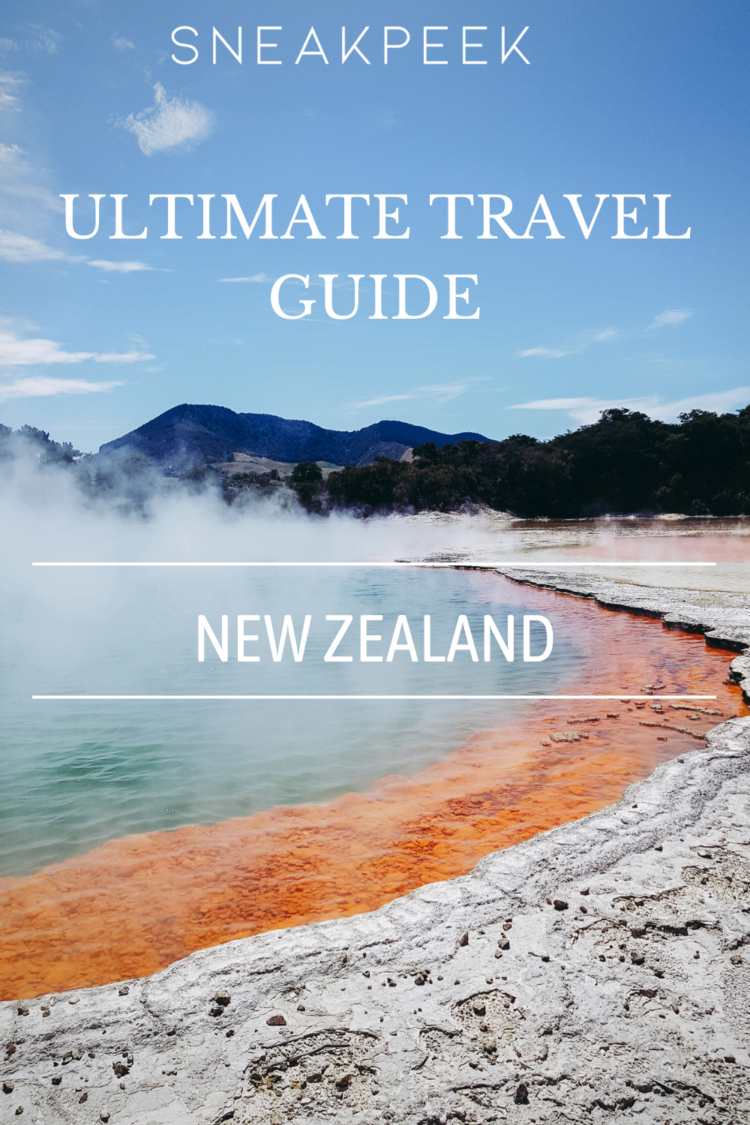


Add a Comment